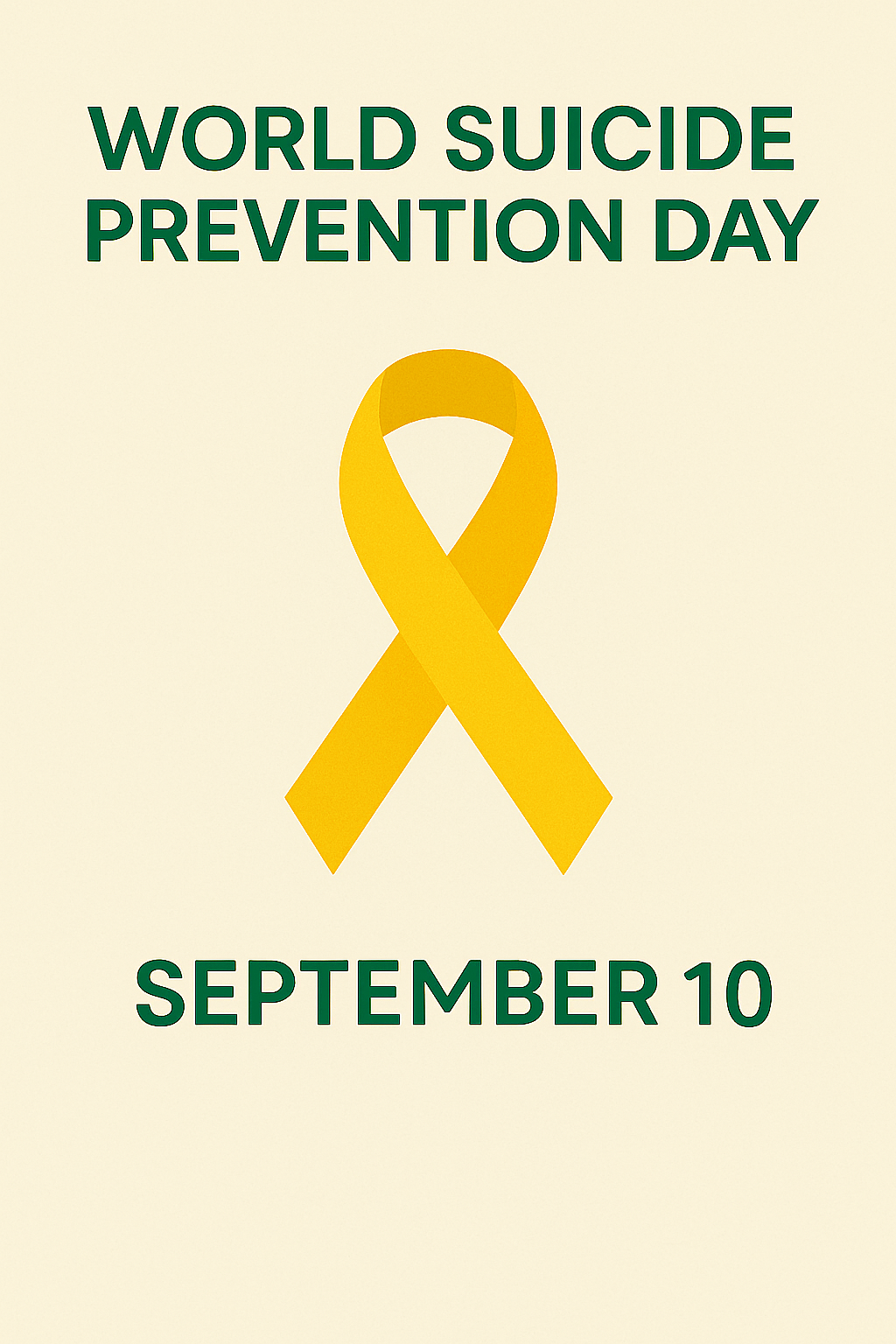
Changing the Narrative on Suicide: Nine Months After Its Decriminalization
On January 9, 2025, Kenya’s High Court struck down Section 226 of the Penal Code, decriminalizing attempted suicide. This landmark ruling, led by Justice Lawrence Mugambi, reframed suicide from a criminal act to a public health concern. As we prepare to mark World Suicide Prevention Day (WSPD) on September 10, the impact of this decision is becoming clearer through data, policy shifts and lived experiences.
Kenya records an average of 4 suicide deaths per day, translating to over 1,400 deaths annually, with a crude suicide rate of 6.1 per 100,000 people. However, the age-standardized rate is higher – 11.0 per 100,000, indicating deeper vulnerabilities among youth and middle-aged adults. Notable, 8 out of every 10 suicide cases are male, often arising from the pressure of societal expectations, economic stress and limited emotional support.
At the same time, youth vulnerability is rising with suicide becoming the third leading cause of death among 15–29-year-olds. Among this age group, university students and unemployed youth are increasingly at a higher risk. This situation is aggravated more by limited access to mental health care. Over 75% of Kenyans lack access to mental health services with detection rates at primary care level facilities that are closest to the people been as low as 1.7% to 4.1%.
However, after decriminalization of suicide by the High Court, facility-based care for suicide attempts have risen by 18%, a sign that more people are now seeking for help without fear of arrest. As a result, positive gains were witnessed in Nairobi and Mombasa cities where a decline in suicide fatalities have been reported. This can be attributed to the concerted efforts of the government, religious groups, civil society and private sectors actors to increase awareness about mental health, increasing access to services including counselling, treatment, rehabilitative, psychological and livelihood support. These efforts limes well with this year’s WSPD theme, “Changing the Narrative on Suicide,” that is calling all of us to take actions that build systems that treat distress with dignity, not punishment.
At HERAF we have contributed to these efforts by not only increasing the awareness but also strengthening mental health Primary Healthcare Care system by increasing the capacity of health care workers to comprehend and integrate mental health services into their routine services. This has led to an increase in the number of persons seeking and accessing mental health services at PHC levels. These efforts should be nurtured and scaled up in the entire country.
